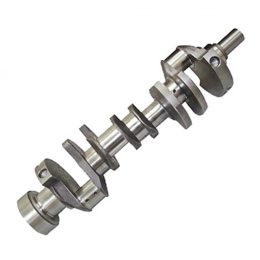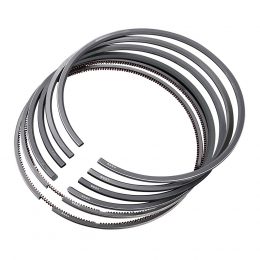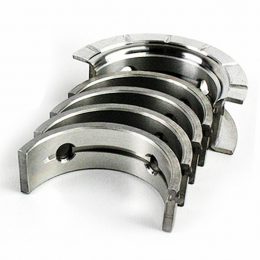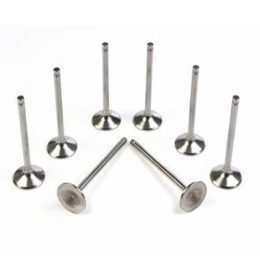Material Selection for Diesel Engine Cylinder Liners
Diesel engines are widely used in various applications such as automobiles, heavy-duty trucks, ships, and power generators. The cylinder liner is an essential component of the diesel engine, providing a smooth and durable surface for the piston to move up and down. The right material selection for the cylinder liner is crucial to ensure optimal engine performance and longevity.
Inconel
Inconel is a popular choice for cylinder liners due to its excellent high-temperature strength, corrosion resistance, and durability. It is a nickel-chromium alloy that can withstand temperatures up to 1000°C and is commonly used in high-performance diesel engines. The addition of molybdenum and niobium provides excellent resistance to corrosion and oxidation. Inconel is also known for its excellent mechanical properties, making it suitable for use in harsh environments.
Nichrome Iron Alloy
Another common material for cylinder liners is a Nichrome iron alloy. This alloy is composed of carbon, manganese, phosphorus, sulfur, silicon, nickel, and chromium. It offers good wear resistance, strength, and durability, making it suitable for use in diesel engines. The addition of nickel and chromium provides corrosion resistance, while the carbon and silicon content helps to reduce friction and wear between the piston and cylinder liner. Nichrome iron alloy is also relatively inexpensive compared to other materials, making it an attractive option for many applications.
Alternative Materials
The selection of the cylinder liner material depends on various factors, such as the engine’s design, operating conditions, and performance requirements. In some cases, alternative materials such as ceramic composites or polymer-based liners may be used to improve fuel efficiency or reduce weight. Ceramic composites offer excellent wear resistance and high-temperature strength, making them suitable for high-performance diesel engines. Polymer-based liners, on the other hand, are lightweight and offer excellent corrosion resistance, making them ideal for marine applications.
Conclusion
In conclusion, the selection of the cylinder liner material is a critical factor in diesel engine design and performance. Inconel and Nichrome iron alloys are common materials used for cylinder liners due to their excellent high-temperature strength, wear resistance, and durability. Other materials, such as ceramic composites or polymer-based liners, may also be used for specific applications. Proper installation and maintenance of the cylinder liner are essential to ensure optimal engine performance and longevity. By carefully selecting the right material for the cylinder liner, diesel engine manufacturers can produce engines that are efficient, reliable, and long-lasting.



